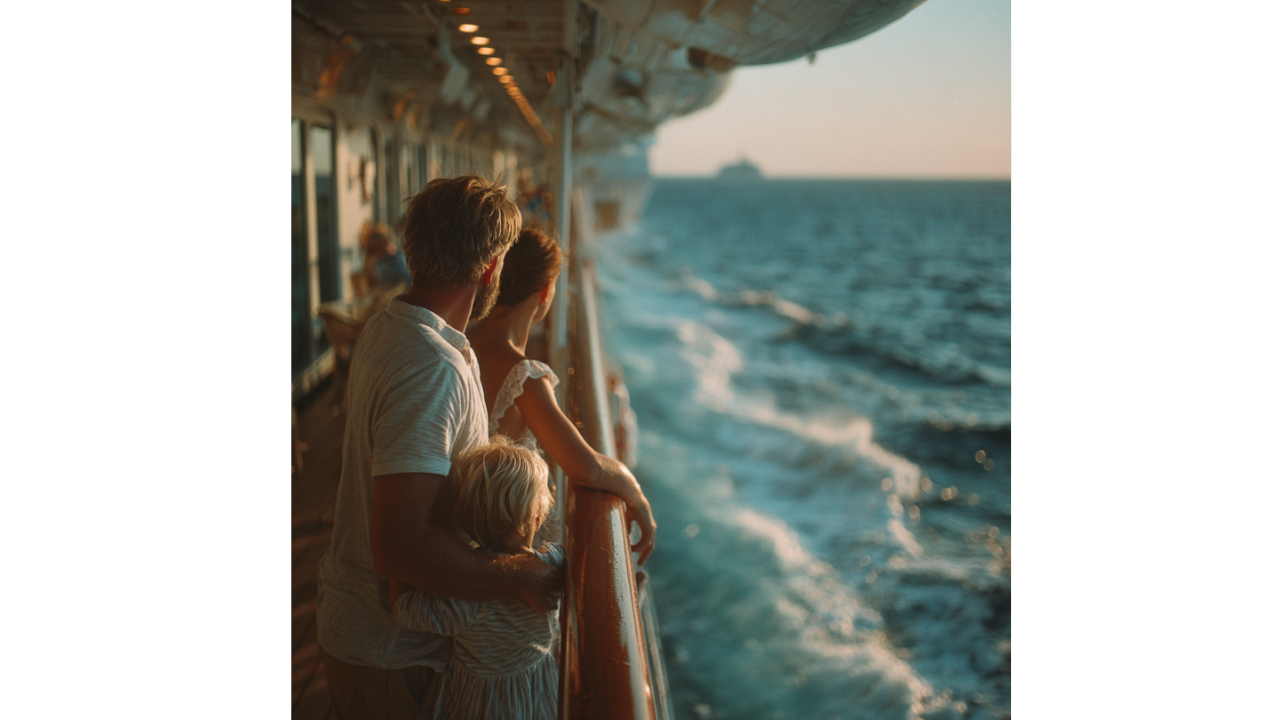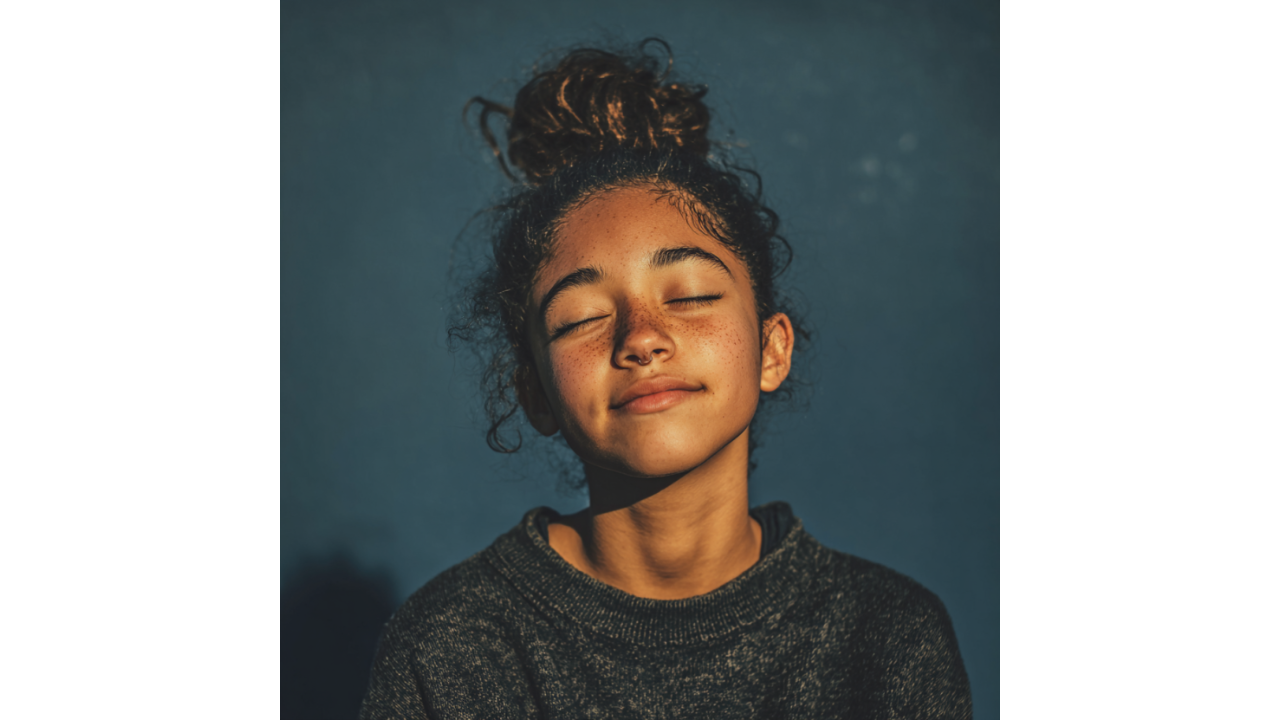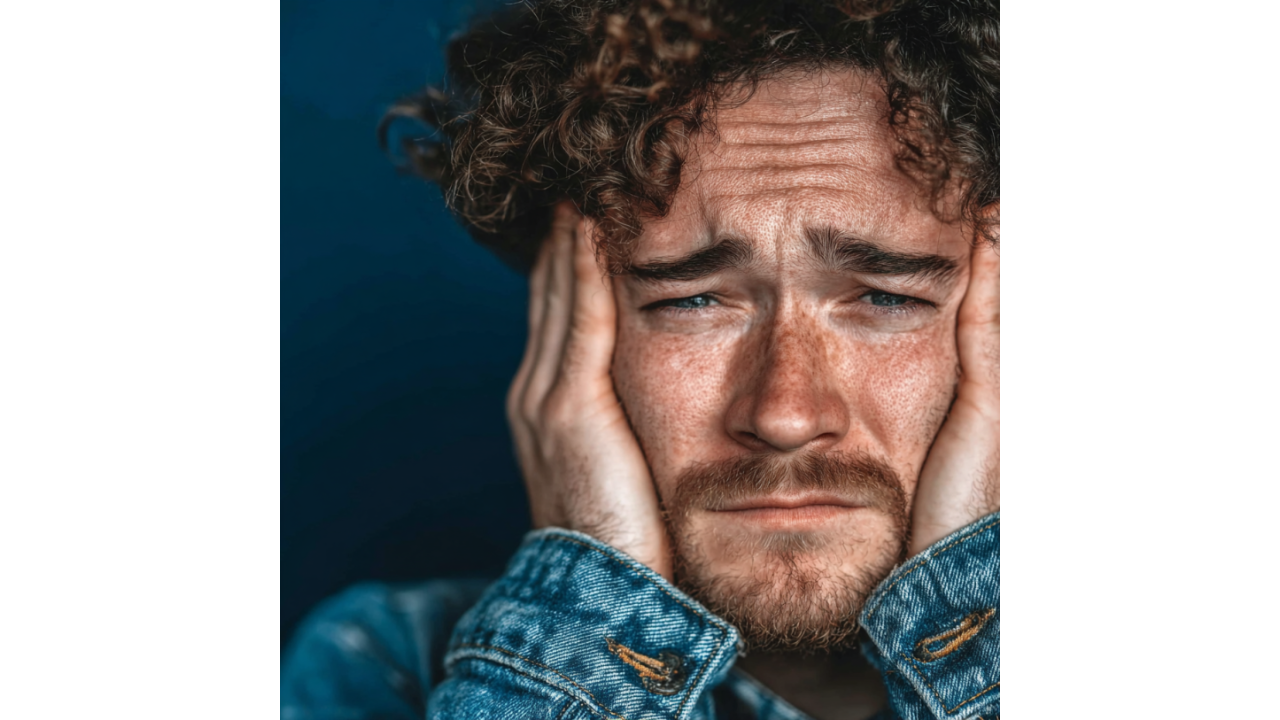4 min read
Predictability, i.e., How to Build Brand Loyalty Among Autistic Consumers
We often underestimate the power of predictability in consumer experiences. For autistic individuals, this predictability isn't merely...
4 min read
 Neurodivergence Writing Team
:
Nov 24, 2025 1:24:53 PM
Neurodivergence Writing Team
:
Nov 24, 2025 1:24:53 PM

The theme park announced "sensory-friendly hours" and expected modest attendance. They prepared for a few hundred guests who needed accommodation.
Three thousand people showed up. Only a fraction were autistic.
The rest were families with young children, elderly visitors overwhelmed by typical park intensity, people with anxiety disorders, and guests who'd simply never enjoyed theme parks because of sensory assault—until someone finally built an experience they could tolerate.
This pattern repeats across the travel and leisure industry. Brands design for autism accommodation and discover they've unlocked demand from far broader populations than they anticipated.
Autism-friendly certification has become significant enough that independent organizations now validate and credential businesses that claim to offer accommodation. Hotels, museums, attractions, and entire destinations pursue these certifications not out of altruism but for economic calculation.
The global autism-friendly tourism market represents billions in annual spending. Families plan entire vacations around accessible destinations. They book accommodations that provide sensory-considerate environments. They visit attractions that offer quiet hours, advance planning resources, and staff trained in neurodivergent support.
These families typically travel in larger groups than average—parents, siblings, extended family, support professionals—generating higher per-visit revenue. They're intensely loyal to brands that accommodate them and actively avoid those that don't. They share experiences extensively on social media and within advocacy networks.
The certification isn't decoration. It's market signaling that unlocks access to customers actively searching for providers who understand their needs.
Traditional leisure marketing emphasizes surprise and spontaneity. Vacation adventures. Unexpected delights. Spontaneous moments that become memories.
For many autistic individuals, surprise isn't delightful—it's disorienting. Spontaneity isn't freeing—it's anxiety-inducing. The unknown isn't exciting—it's overwhelming.
Autism-friendly travel brands have discovered that predictability is itself a product feature worth marketing. Hotels provide detailed room photos showing exact layouts. Museums offer virtual tours customers can study before visiting. Theme parks publish sensory maps indicating which attractions involve loud noises, sudden movements, or intense visual stimulation.
This seems antithetical to traditional leisure marketing. You're removing mystery and revealing everything in advance. Won't that diminish the experience?
For neurotypical guests, perhaps marginally. For neurodivergent guests, it transforms the experience from impossible to accessible. And for many neurotypical guests—particularly parents with young children—it improves planning substantially.
The brands winning this market have realized that different customers define "good experience" differently. Some want surprise. Others want certainty. Both preferences deserve accommodation.
Multiple major museums and attractions now offer designated quiet hours: reduced lighting, eliminated background music, lowered capacity limits, and trained staff who minimize verbal interaction unless requested.
These sessions typically occur during traditionally slow periods—early weekday mornings or late evenings. The operational cost is minimal since the facility is already staffed and operating. The revenue impact is substantial because you're filling previously underutilized capacity with customers who couldn't attend during regular hours.
More significantly, quiet hours generate publicity value that extends beyond the sessions themselves. Media coverage positions brands as inclusive and thoughtful. Social media amplification reaches autism advocacy networks. Word-of-mouth recommendations spread through communities that trust peer experiences more than traditional marketing.
One major science museum reported that their quiet hours programming generated more positive press coverage in six months than their previous three years of traditional marketing combined. The accommodation became the story—and the story drove attendance beyond just the quiet sessions.
Autism-friendly certification requires staff training in neurodivergent interaction: recognizing distress signals, providing accommodation without drawing attention, communicating clearly without forcing eye contact, and understanding that behavior that looks like rudeness might be sensory overwhelm.
This training improves service quality for all guests. The communication clarity that helps autistic guests also helps international visitors with language barriers, elderly guests with hearing difficulties, and children who need simple direct instructions.
The patience practiced with guests experiencing meltdowns translates to better handling of any customer in distress. The attention to environmental factors that might cause distress makes staff more observant generally.
Hotels report that staff trained for autism accommodation receive higher guest satisfaction scores across all demographics—not just from families with autistic members. The skills transfer broadly because they're fundamentally about attentive, considerate service.
Autistic individuals and their families often plan trips months in advance with extraordinary detail. They research exhaustively. They contact properties with specific questions. They want to understand exactly what to expect before committing.
Traditional leisure marketing often ignores these advanced planners in favor of spontaneous bookers. Deals target last-minute decisions. Marketing emphasizes immediacy.
Autism-friendly brands have discovered that the advance planning market is lucrative and underserved. These customers book earlier, cancel less frequently, and spend more per visit because extensive planning leads to longer stays and more activities.
Brands serving this market provide resources traditional leisure companies don't bother with: detailed sensory information about environments, specific timing for activities, exact descriptions of processes like check-in or boarding, and direct access to staff who can answer unusual questions without dismissing them.
This level of detail doesn't appeal to spontaneous travelers. But spontaneous travelers have plenty of options. The detailed planners have been underserved for decades.
Progressive hotels now list sensory accommodations alongside traditional amenities. Blackout curtains. White noise machines. Weighted blankets are available upon request. Fragrance-free room options. Textured items removed or covered.
These features cost little to implement but dramatically expand the potential guest population. They benefit autistic guests who need them, appeal to any guest seeking better sleep environments, and signal that the property takes diverse needs seriously.
The accommodation doesn't create separate "special needs" rooms. It creates options within standard offerings that any guest can request. This normalizes accommodation and removes the stigma some families feel about requesting modifications.
The travel and leisure industry's autism-friendly movement offers lessons applicable across sectors:
Accommodation designed for specific populations typically benefits far broader demographics than initially anticipated. The cost of providing these accommodations is usually minimal compared to the market access they unlock. Certification and explicit marketing of accessibility attract customers actively seeking it. Staff training in neurodivergent support improves service quality across the board.
Most significantly, treating neurological diversity as normal variation that requires thoughtful design rather than as a problem that requires special accommodation fundamentally changes both the customer experience and the brand positioning.
The brands dominating autism-friendly leisure aren't those grudgingly adding accommodations under pressure. They're those who recognize neurodivergent customers as a legitimate market segment worth pursuing strategically—and discover that pursuing them benefits everyone.
Want to transform accessibility from obligation into a competitive advantage? Winsome Marketing helps brands develop content strategies that authentically communicate inclusive design—because the companies winning diverse markets understand that accommodation isn't charity, it's market expansion.
-1.png)
4 min read
We often underestimate the power of predictability in consumer experiences. For autistic individuals, this predictability isn't merely...

Your brand ambassador just posted to their 2 million followers. The engagement is strong. The comments are glowing. And a significant portion of your...

You open Netflix. Ta-dum. You boot up your Xbox. Startup chime. You visit a website. Autoplay video with sudden music. You receive a notification....